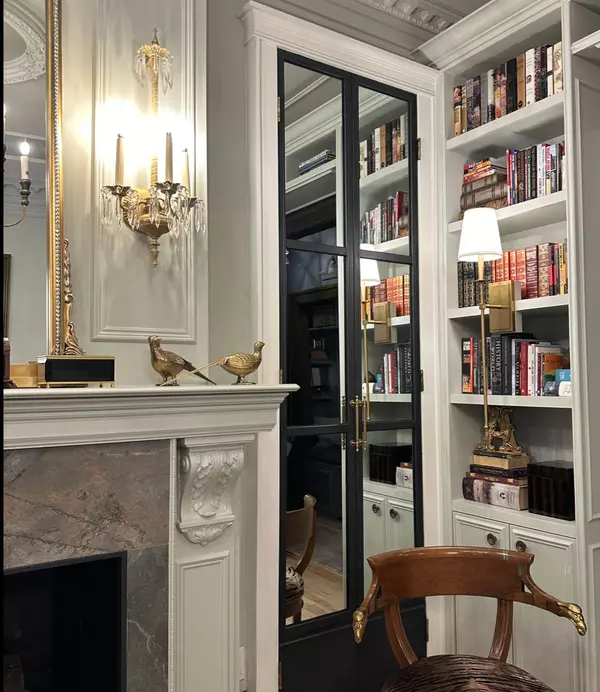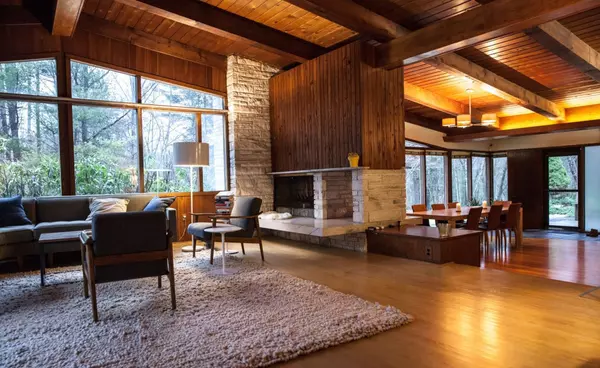Calgary
Calgary - The Gateway to Adventure
Relocating to Calgary? Discover a city where professional opportunity meets unbeatable lifestyle.
From tech and healthcare to finance, energy, and education, Calgary is a magnet for top talent—offering a thriving economy, vibrant city life, and stunning Rocky Mountain views. Whether you're relocating for work or a fresh start, this city delivers the perfect balance of career growth and outdoor adventure.
Lisa Kauffmann is a native Calgarian with global real estate expertise.
Fluent in English, French, and Portuguese, Lisa combines insider knowledge with international perspective to help professionals find their ideal home. Her personalized approach ensures a smooth transition into Calgary’s best communities—so you can settle in, succeed, and thrive.










